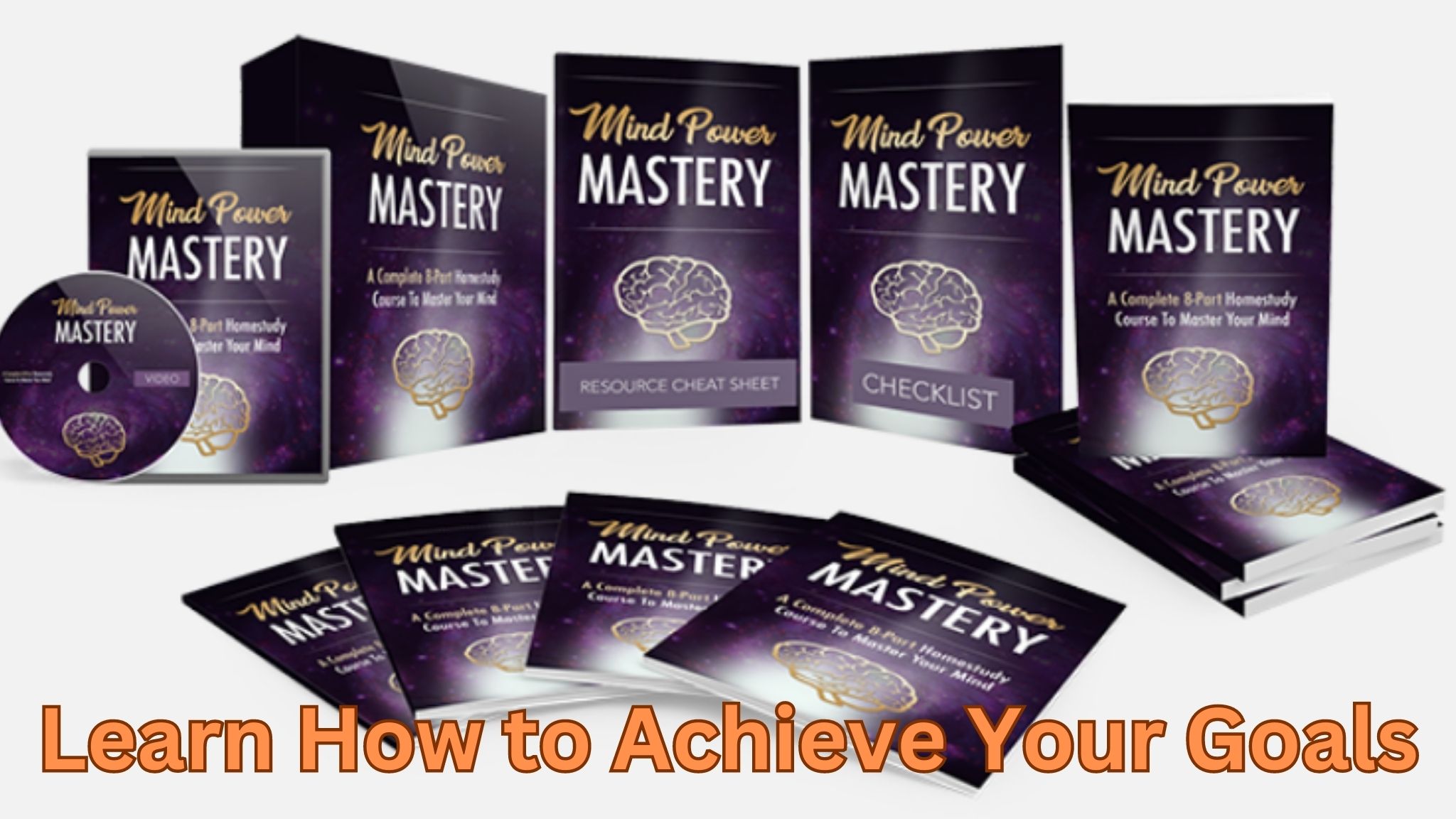Hello everyone,
How many times have you heard that losing weight is just about eating less and moving more? That it’s all about willpower and discipline? Or perhaps you’ve heard about that ‘magic’ diet, promising you’ll shed pounds in just a week? There are many misconceptions and myths about weight loss that circulate, often leading to confusion, frustration, and unsuccessful attempts to get healthier. But the truth is, weight loss is a complex process influenced by a variety of factors, not simply a ‘one-size-fits-all’ formula.
In this blog post, we’re about to peel back the layers of confusion and illuminate the science behind weight loss. We’ll be discussing what weight loss really means in terms of your body’s metabolism, the role that calories play, and debunk some myths along the way. But beyond the science, we’ll also explore why it’s so crucial to find a sustainable plan – one that’s tailored to your unique lifestyle, preferences, and needs.
Weight loss isn’t just about the number on the scale, but about overall well-being and finding a balance that can keep you healthy for life. So, let’s dive in and empower ourselves with knowledge, the most vital tool in our journey to a healthier self. Say goodbye to misleading weight loss tales and say hello to the power of science!
Stay tuned, and let’s embark on this enlightening journey together.
Warmly, Denise
Unpacking the Science of Weight Loss
Before we dive into the specifics, let’s clarify what weight loss actually means from a scientific perspective. When we talk about weight loss, we’re essentially referring to the process of your body using its stored energy, or fat reserves. This happens when the energy you consume from food and drink is less than the energy your body uses for daily activities and function. The difference is made up by your body burning its fat stores, leading to weight loss.
A key player in this process is your metabolism. But what exactly is metabolism? In simple terms, it’s the sum of all chemical reactions happening in your body to keep you alive and functioning. These include breaking down the food you eat into energy and using that energy to carry out all body functions – from breathing to moving, to repairing cells and more.
Your metabolic rate is the speed at which these reactions occur, and it’s crucial for weight loss. It determines how many calories your body needs at rest, also known as your Basal Metabolic Rate (BMR). Various factors influence your metabolic rate, including your age, sex, muscle mass, and genetic factors. Interestingly, larger bodies tend to have higher metabolic rates because they require more energy to carry out basic functions.
As you lose weight, your metabolism can slow down. This happens because your body requires less energy to sustain a smaller body size. While this is a normal adaptive response, it can make continued weight loss more challenging, which is why people often experience ‘weight loss plateaus’. Understanding this concept can help you adjust your weight loss strategies as you progress, promoting a healthier and more sustainable approach to weight loss.
In the next section, we’ll look at another fundamental component of weight loss – calories, and their role in this complex yet fascinating process.
Stay tuned and keep exploring!
The Role of Calories
Now that we’ve unpacked the science of weight loss and explored the role of metabolism, let’s turn our attention to calories. Calories are often seen as the ‘bad guys’ when it comes to weight loss, but understanding them can really make a difference in your health journey.
In the simplest terms, a calorie is a unit of energy. It’s the energy we get from food and drinks, and the energy we burn through physical activity and body functions. When you hear something contains 100 calories, it’s a way of describing how much energy your body could get from eating or drinking it.
To lose weight, you need to create a calorie deficit, which means you use more energy than you consume. That’s why physical activity, which increases energy expenditure, is often recommended alongside a balanced diet for weight loss.
However, a common misconception is that all calories are created equal. Yes, 500 calories of chocolate will provide the same amount of energy as 500 calories of vegetables. But the effect on your body is not the same. This leads us to the concept of ‘healthy’ vs ‘unhealthy’ calories.
‘Healthy’ calories come from foods that are nutrient-dense, meaning they are packed with beneficial nutrients like vitamins, minerals, fibre, and protein. These foods, like vegetables, fruits, whole grains, lean proteins, and healthy fats, not only provide energy but also support your overall health, keep you feeling full, and maintain your metabolic rate.
On the other hand, ‘unhealthy’ calories are those from foods with high energy but low nutrient content, often referred to as ’empty calories’. These foods, such as sugary drinks, fast food, and processed snacks, can lead to weight gain and other health issues when consumed in excess.
It’s crucial to remember that a sustainable approach to weight loss focuses on the quality of calories consumed, not just the quantity. The goal is to nourish your body with the nutrients it needs while maintaining a calorie deficit that supports healthy weight loss.
In our next section, we’ll delve into creating a sustainable weight loss plan that suits your unique needs.
Stay inspired and keep learning!
Finding a Sustainable Plan
Understanding the science of weight loss and the role of calories is fundamental. Still, it’s equally important to remember that weight loss isn’t a race, and the journey is unique to each of us. This is why finding a sustainable plan tailored to your individual needs is crucial.
Sustainability in a weight loss plan is about creating changes that you can stick to in the long term, not just for a few weeks or months. It’s not about depriving yourself but about building a healthier relationship with food, exercise, and your body. It’s a plan that aligns with your lifestyle, preferences, and health conditions, making it easier and more enjoyable for you to follow consistently.
When tailoring a weight loss plan, various factors should be considered. Your daily routine, dietary preferences, and fitness level are key. For instance, if you enjoy swimming, including it as a regular exercise could make your plan more enjoyable. Similarly, if you’re vegetarian or vegan, your diet plan needs to accommodate that, ensuring you’re getting all the necessary nutrients.
Physical activity is a vital part of a sustainable weight loss plan. Not only does it help create a caloric deficit, but it also has numerous other health benefits like improving cardiovascular health, boosting mood, and enhancing muscle and bone strength. However, it’s crucial to choose activities you enjoy. There’s no point forcing yourself to run every day if you despise it – perhaps you’d prefer a dance class, hiking, or cycling.
Lastly, but by no means least, is the importance of mental well-being in weight loss. Sustainable weight loss involves a positive mindset and self-compassion. Weight loss is a journey with ups and downs. There will be progress, plateaus, and perhaps even steps backwards, but that’s okay. It’s about progress, not perfection. Mental well-being practices such as mindfulness, stress management, and adequate sleep all play essential roles in your weight loss journey.
Next up, we’ll be sharing some inspiring case studies of individuals who’ve successfully harnessed the power of science to achieve sustainable weight loss.
Stay tuned, and remember to celebrate each step of your journey!
Case Studies/Success Stories
Real-life stories are incredibly powerful, not just for inspiration but also for illustrating how science and sustainability can come together to make weight loss achievable and enjoyable. Here are a few examples:
1. Case Study: Mary
Mary, a 45-year-old mother of two, had struggled with her weight for years. Her breakthrough came when she started to understand the science of weight loss. She learned about the concept of a caloric deficit and started to incorporate nutrient-dense foods into her diet. She focused less on the number on the scale and more on how she felt, both physically and mentally. Mary also realized the importance of regular physical activity and included daily walks and weekly swimming into her routine – activities she truly enjoyed. Over a year, Mary successfully lost 30 pounds and reported improvements in her energy levels, sleep quality, and overall well-being.
2. Case Study: Raj
Raj, a 35-year-old office worker, had a sedentary lifestyle and frequently indulged in fast food due to his busy schedule. After learning about metabolism and the impact of food quality on weight loss, he made changes to his diet, replacing empty calorie foods with wholesome, nutrient-dense options. He also started regular strength training to boost his metabolic rate. Raj noticed not just weight loss, but an increase in muscle tone and a decrease in his previously frequent afternoon energy slumps.
3. Case Study: Laura
Laura, aged 50, had tried numerous fad diets without lasting success. Understanding the importance of a sustainable plan tailored to her lifestyle and preferences was a game-changer. Laura, a vegetarian and yoga enthusiast, created a weight loss plan that incorporated her love for plant-based foods and yoga. Instead of focusing on rapid weight loss, Laura shifted her goal to improving her overall health and wellness. This approach led to a gradual, consistent weight loss over two years, with Laura reporting increased flexibility, better mood, and a newfound love for cooking.
Each of these individuals had a unique journey, but their success lies in understanding the principles we’ve discussed and applying them in a way that suited their individual lives.
In the next and final section, we’ll wrap things up and discuss how you can embark on your own journey towards sustainable weight loss.
Stay tuned, and remember, every step you take towards understanding is a step towards success!
Conclusion
Understanding the science of weight loss is the first step towards breaking free from the cycle of yo-yo dieting and finding a truly sustainable path to a healthier you. It’s about realizing that weight loss is more than just numbers on a scale; it’s a complex process that involves your metabolism, the quality and quantity of calories you consume, and the importance of a tailored and sustainable plan.
Embracing this knowledge empowers you to approach weight loss from an informed and realistic perspective. It allows you to make choices that not only contribute to weight loss but also support your overall health and well-being. It encourages you to respect your body, understanding that it’s unique and deserves a plan that suits its needs and your lifestyle.
Knowledge is power, and in this case, it’s a force that can transform your journey towards better health. I encourage you to use this understanding as your compass, guiding you in making healthier choices and finding a sustainable, enjoyable path to weight loss.
As you go forward, remember that the journey towards health is not a sprint, but a marathon. There will be challenges, but armed with knowledge and a positive mindset, you’re well-equipped to face them head-on. Celebrate every little victory, be patient with yourself, and never lose sight of why you started this journey: to nurture your body and live a healthier, happier life.
It’s time to say goodbye to quick fixes and hello to the power of understanding. Start today. Embrace the science behind weight loss, find your unique plan, and step into a healthier future. You’ve got this, and remember, I’m here to support you every step of the way.
Here’s to embracing knowledge and living healthier!
Warmly, Denise
Your Journey, Your Story
Everyone’s weight loss journey is unique and I would absolutely love to hear about yours. Have you had any successes you’re particularly proud of? Frustrations or obstacles you’ve faced along the way? Do you have any questions about the science behind weight loss, or about creating your sustainable plan?
Please share your thoughts, stories, and questions in the comments below. Your insights could inspire someone else on their journey, and your questions could help clarify things for others who might be wondering the same thing. Remember, we’re all in this together!
For a more personal response, you’re always welcome to email me directly at info@amazingweightloss.info. I’m here to support and guide you on your path to understanding and achieving sustainable weight loss.
So, let’s keep the conversation going. I can’t wait to hear from you!
Here’s to your health, Denise
Remember, if you found this post helpful or insightful, please share it with others who might benefit. The power of knowledge grows when it’s shared. Let’s spread the word about sustainable weight loss and help create a healthier, happier world together.
And, don’t forget to subscribe for regular updates on all things health, wellness, and weight loss.
Subscribe and get FREE Downloads Here!
Take care, and stay amazing!





